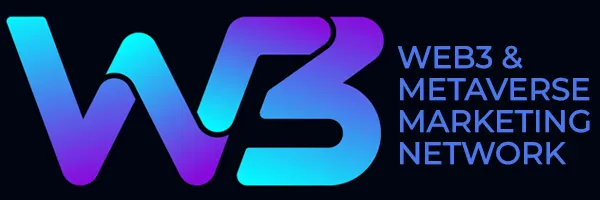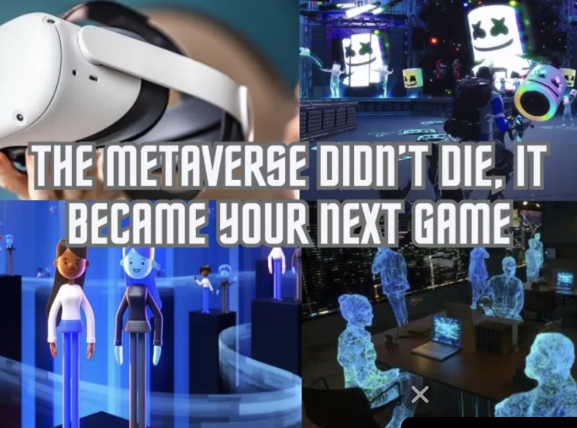How to Master Metaverse Marketing?
The metaverse is no longer a concept. It is no longer confined to just science fiction. It is quickly becoming a reality. Tech giants including Facebook (now Meta), Microsoft and Google are leading the charge. The rebranding of Meta lately seems like they are committed to bring metaverse to life. However, mastering metaverse marketing is essential. What exactly marketing in the metaverse entail? How can businesses best leverage the emerging space? Let us have a close look.
Understanding metaverse is the first and foremost step. As of now, metaverse is in its early stages and can be described as an immersive virtual experience where users interact and make purchases with the help of their avatars. Metaverse expert Matthew Ball said it is characterized by its persistence, real-time existence, virtual identities and simultaneously the ability to create, own, invest and sell within the virtual universe. It spans physical as well as virtual worlds. It allows data, items and content to be interoperable across platforms. Moreover, it enables users to contribute content and experiences too. It can create a dynamic and evolving ecosystem.
It can be believed that the future of marketing in the metaverse is promising. McKinsey predicts that metaverse could generate up to $5 trillion by 2030. Investments in it have already surpassed $120 billion in 2022. Games like Fortnite, Minecraft and Axie Infinity have started integrating metaverse elements. The platforms are offering immersive experiences and captivating millions of players across the world. Brands like Nike, Samsung and Coca-Cola are leveraging it to connect with consumers in innovative ways.
Gartner estimates that 25% of people will spend at least one hour a day in the metaverse by 2026. They will be engaged for various activities such as work, shopping, education, social media and entertainment. Hence, marketers will get opportunities to engage consumers in a 3D digital space where virtual reality and augmented reality will be merged. Brands can create dedicated virtual worlds for their products. Consumers can explore, interact and purchase through their avatars.
Engage with Existing Communities
Metaverse marketing primarily targets digitally savvy Gen Z and millennials. Attracting new customers is also important. Moreover, the efforts should further be to maintain the interest of existing customers. Engaging current community will help in launching new marketing campaigns and simultaneously allow to preserve brand trust as well as brand reputation.
Create Immersive Experiences
The metaverse allows creation of unique worlds for products and services. The immersive experiences require significant investment in time and resources. NIKELAND on Roblox is a good example. It lets players unlock new gear for their avatars. It blends the virtual and physical worlds in an engaging manner.
Offer Digital Collectibles
It is suggested to use blockchain technology to create Non-fungible Tokens (NFTs). The unique digital items such as video clips, digital art and trading cards can be transferred and owned. It will add value to the marketing efforts. The offer of NFT is a new way to engage with customers and create a sense of exclusivity.
Integrate Real-Life Marketing
It is simultaneously suggested to combine metaverse marketing with real-world strategies. The parallel approach can enhance the overall marketing success. Hosting virtual events to mirror real-life experiences can attract a wider audience. It can create a more cohesive brand narrative.
Experiment Continuously
The metaverse is still developing and provides a vast space for experimentation. Define goals, identify the right audience and platforms, and thereafter remain open to innovation. Continuous experimentation will help in learning from failures and successes. It will refine strategies over time.
Search Engine Optimization (SEO) will play an important role in the metaverse. Marketers should develop strategies to position their brands. This will help them to achieve the top position of search results for metaverse-related queries. Moreover, leveraging Augmented Reality (AR) content and local SEO can also help brands gain visibility. Visual search capabilities are becoming increasingly important. Platforms like Snapchat, TikTok and Instagram are integrating AR to enhance user engagement.
TechieExpert







